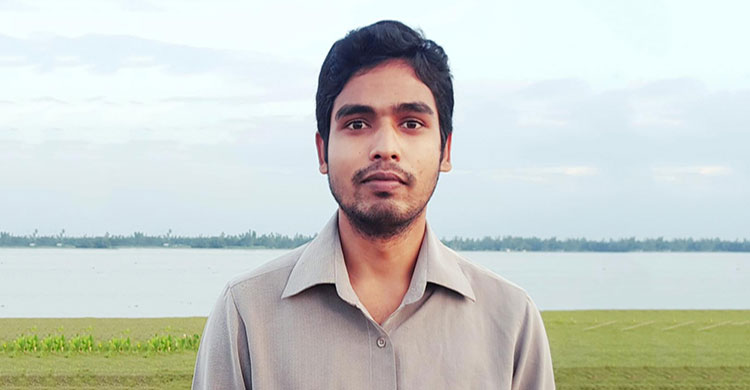Constitutional validity of quota : whether it includes FFQ

Jahedul Islam Sourov: Quota is a term which can be denoted as privilege or access to something for a specified period of time. According to Black’s Law Dictionary, ‘a quota is a proportional share assigned to a person or group; an allotment or an official limit on the number or amount of something that is allowed or required over a given period; a minimum or maximum number.’
Quota is usually given to people who are underprivileged or for some reasons are unable to get proper access to the privileges ensured by the state. Anyone can relate Quota with social justice where allowing the former one helps to ensure the later.
Quota allows the state to do positive discrimination where the others may notice any act as discriminatory but it was actually being done to ensure social justice or giving equal access to resources. All these above mentioned things have been mentioned and allowed in the articles of the Constitution of Bangladesh.
Article-27 of the Bangladesh Constitution has mentioned about the equality before law of all citizen and also ensured the equal protection of law. The plain reading of Article-27 may create confusion in the reader’s mind about positive discrimination which has been made clear in the later Article-28 titled as ‘discrimination on the grounds of religion, etc.’
Article-28(4) of the Bangladesh Constitution has mentioned that ‘the state can make special provision in favor of women or children or for the advancement of any backward section.’ Article-29 of the Constitution where right of equal opportunity for all citizens in respect of employment or office in the service of the republic has been ensured also made some exception in it.
Read more: Colonial Shadows: The British Impact on the Legal System of Bangladesh
In Article-29(3A) the state has been empowered by saying that ‘it can make any special provision in favor of any backward section of citizens for the purpose of securing adequate representation in the service of the republic.’
From the above mentioned references of the Bangladesh Constitution, the debate ‘whether quota should exist or not’ can easily be settled down as the supreme law of the land has mentioned provision regarding quota for backward sections.
But, now the ultimate question arises: ‘Who shall fall within the criteria of backward section?’ or ‘How the criteria of backward section will be determined?’ and ‘Will freedom fighters and their offspring fall within the same?’
Well, the Constitution of Bangladesh has made no mention regarding the group of people who shall be declared as backward section and neither it mentioned any criteria for determining the same.
Rather, the Constitution in its Article-19(1) has mentioned ‘the state shall endeavour to ensure equality of opportunity to all citizens.’
Article-19(2) mentions ‘the state shall adopt effective measures to remove social and economic inequality between man and man and to ensure the equitable distribution of wealth among citizens, and of opportunities in order to attain a uniform level of economic development throughout the Republic.’
The Article-19 being a fundamental principle of state policy is not judicially enforceable but still can guide us while interpreting the constitution.
Read more: Licensing Ad Hoc Arbitrators may popularise Arbitration in Bangladesh
As criteria of declaring backward section have not been mentioned anywhere, the following questions may come up:
If freedom fighters of Bangladesh are taken as underprivileged as they were deprived of normal lives and reading environment during the liberation war, will it also include their offspring? If so, allowing how much percent of quota will not create inequality of opportunity for ordinary citizens as mentioned in Article-19?
Quota is usually given to cover the loss of people for a specified period of time. Quota is never a matter of permanent continuance as the backward using the privilege allowed to them once comes forward.
Our Honourable Prime Minister Sheikh Hasina has allowed many privileges to the freedom fighters, including: providing a fixed amount of monthly allowance, raising the amount of monthly allowances nearly to double, providing free houses to the freedom fighters and many more.
After all the above mentioned benefits, the question whether the freedom fighters and their offspring are still underprivileged or not requires judicial interpretation.
We hope the will of common people and the fundamental aim mentioned in the preamble of the constitution of creating a exploitation free socialist society will be reflected while adjudging the quota issues by the Apex Court of Bangladesh.
The author is a law student at BSMRSTU, Gopalganj. Can be reached at: jahedsourov.llb@gmail.com

